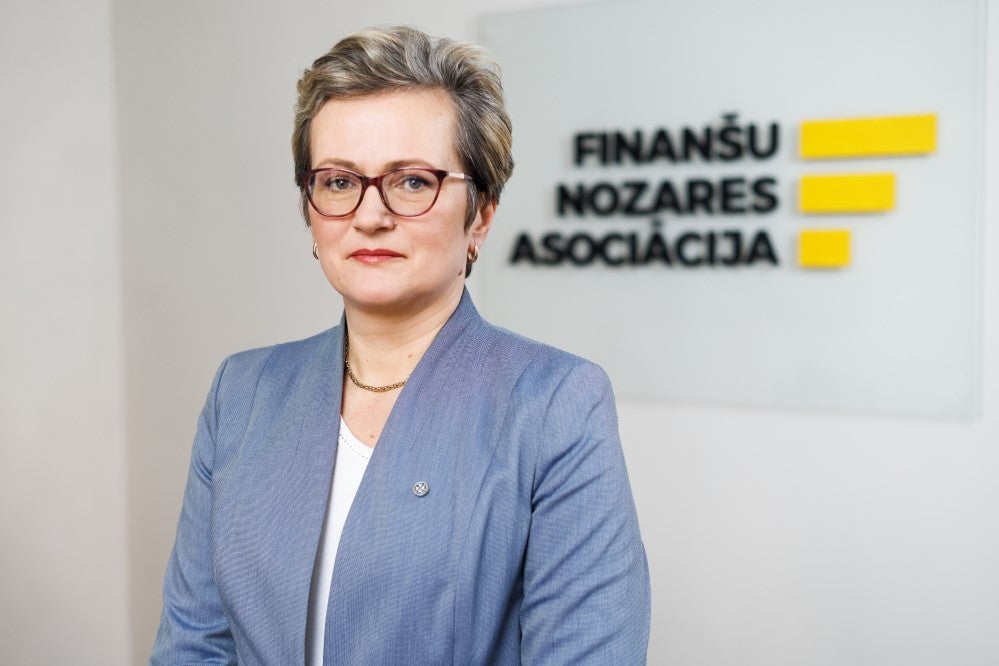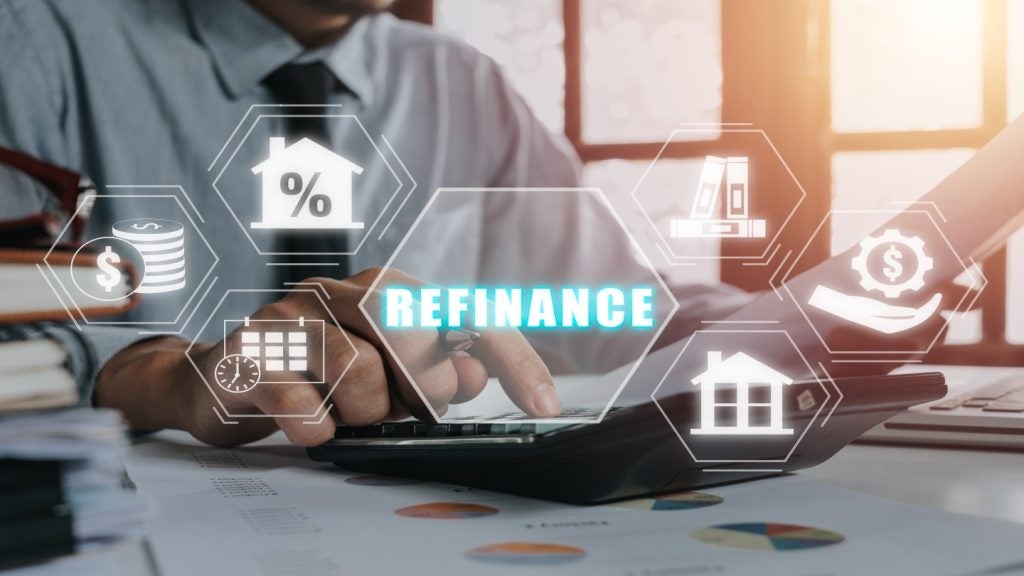
The independent leasing sector in the Baltic states of Latvia, Lithuania and Estonia has stabilised and is showing signs of improvement following a difficult 18 months marked by the outbreak of war in Eastern Europe.
In recent years, the Baltic nations have faced the challenges of Covid-19 and high levels of inflation triggered by the energy crisis leading to an almost two-fold decline in some market segments, but, in contrast to other EU states, economic recovery has been much faster than for many European states, experts have observed.
More recently, as Ukraine’s counteroffensive has slowed to a stalemate or lull, lessors across the Baltics have pointed to demand for leasing electric vehicles (EVs) as a source of domestic-led growth.
History
Leasing in the Baltics first developed in 1993, following the collapse of the USSR, with Lithuania Vilniaus Bankas Lizingas becoming one of the first leasing companies in the region in 1995.
From then, the regional leasing market developed rapidly with bank leasing portfolios increasing 16.9 times between 1998 and 2007, but in the wake of the global economic recession of 2007/2008, leasing growth rates have slowed significantly.
Asset finance banks
In recent decades, Sweden’s asset finance banks have become big players in the Baltic countries. SEB Pank (Estonian), SEB Banka (Latvia) and SEB Bankas (Lithuania) are subsidiaries of SEB (Skandinaviska Enskilda Banken), Sweden’s largest bank by total assets. While Swedbank, Sweden’s third largest bank by total assets, is also active in all three Baltic economies.
How well do you really know your competitors?
Access the most comprehensive Company Profiles on the market, powered by GlobalData. Save hours of research. Gain competitive edge.

Thank you!
Your download email will arrive shortly
Not ready to buy yet? Download a free sample
We are confident about the unique quality of our Company Profiles. However, we want you to make the most beneficial decision for your business, so we offer a free sample that you can download by submitting the below form
By GlobalDataSome observers have noted that Swenden’s banks could get caught up in the fallout from sanctions against Russia, even with limited direct exposure to Sweden itself.
Swedbank and SEB both face second-order risks as they derive more than 10% of their pre-tax profits from Russia’s neighbours in the Baltic region. The two Swedish lenders’ Baltic operations have come into focus due to the likelihood that Estonia, Latvia and Lithuania will suffer if Russia’s economy enters freefall as a result of Western embargos, according to S&P Global.
Independent leasing sectors
Due to the current economic and geo-political challenges, growth rates for the leasing sector in all three Baltic states remain modest due to a lack of significant growth opportunities for domestic lessors, experts said, adding that the European summer is also a poor time to measure business volumes as the leasing market historically has two periods of activity across the region - spring and autumn, that offer seasonal cycles of yearly equipment renewal.

Sanita Bajāre (pictured), CEO of the Finance Latvia Association, a trade group of finance companies, said leasing companies are today concerned with holding on to their existing customers and partners as a priority and, where possible, on growing their offering.
Sanita Bajāre said that demand for leasing services in new or used equipment has remained largely unchanged in recent times, but added where there is development is with "increased automation" particularly with digital "improvements in the origination process".
However, Bajāre is not expecting significant growth in the leasing sector of Latvia or the other Baltic states this year.
Auto market
New market players are entering "the subscription universe" who are driving "additional demand for short-term services and car-sharing as these services are becoming more popular and widespread," Bajāre said.
Regarding the auto market, she added: "There has been growth in the automotive segment over the first half of the year related to an improvement in the ordering and supply of cars from the preceding year.
"There have also been larger fleet deals that have increased the total number of financed cars relative to the development of short-term services and car-sharing. It is important to add that the leasing market is impacted by an uncertain macroeconomic situation and increasing Euribor [Euro Interbank Offered Rate] rates which impact customers’ financial considerations."
With the tax burden on motorists expected to grow, major Baltic leasing companies and industry associations believe growth in automotive leasing in 2023 will be below that seen in 2022.
The volume of new sales in the Estonian leasing market in 2022 increased by 8%, equal to €1.3bn, according to the Estonian Association of Leasing Unions. Last year, Estonian leasing companies funded 14,871 new car purchases, 1,000 fewer than in 2021, the Association reported.
Meanwhile, 20,426 new passenger cars were sold in Estonia last year, of which 73% were sold on lease, according to the Estonian Association of Car Sales and Service Companies (AMTEL). In total, leasing companies have financed the purchase of 35,747 vehicles for a total value of €923m.

Andrus Soodl (pictured), CEO of Luminor Liising, one of Estonia’s biggest leasing companies, said in an interview with the Estonian ERR business paper earlier this year that sales of new cars in Estonia have increased compared to last year, although leasing has declined overall, mainly because of the incoming car tax, which Soodl said is expected to significantly increase the cost of owning a vehicle and is putting pressure on domestic leasing providers.
However, on the upside, demand for EVs is expected to boost the automotive market and the leasing sector across the Baltic states over the next few years.
Estonia's Ministry of Finance has introduced a new car tax based on the volume, mass, and age of a car’s engine. "The tax for a 2017 Škoda Octavia with a diesel engine will be €145," according to Baltic News Network.
Against this background, the provision of state support for the sector will prove crucial, leasing experts said.
Of the Baltic states, leasing is most popular in Estonia. According to AS SEB Liising - one of Estonia's biggest banks - almost 65% of Estonian residents plan to purchase a car via a leasing agreement, which is the highest figure in the Baltic states, compared to 54% in Latvia and 34% in Lithuania.






